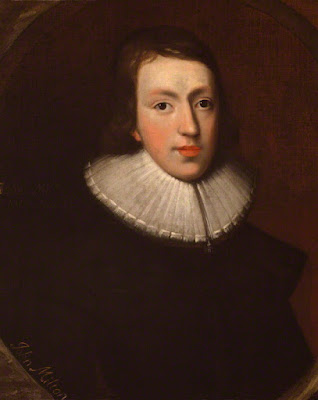“We refer to the group of self-governing communities composed of Great Britain and the Dominions. Their position and mutual relation may be readily defined. They are autonomous Communities within the British Empire, equal in status, in no way subordinate one to another in any aspect of their domestic or external affairs, though united by a common allegiance to the Crown, and freely associated as members of the British Commonwealth of Nations.”
– Balfour Declaration of 1926, issued by the 1926 Imperial Conference of British Empire leaders in London
British nations are hit hard in the Great War, a major turning point for the British Empire
Canada lost nearly 1% of its population in World War One, and Australia and New Zealand lost more than 1% of their respective populations therein. The British Isles themselves actually lost roughly 2% of the UK population during this infamous “Great War.” Small wonder, then, that the First World War was a turning point for the British Empire. I plan to cover the lead-up to the Great War elsewhere, so I will not try to attempt such coverage here. Thus, suffice it to say here that things exploded in 1914, when these various parts of the British Empire were all sucked into the conflict. The year 1914, specifically, is thus considered to be a major turning point for the British Empire. To some degree, even India and South Africa were affected by the carnage, although their death rates were somewhat lower than those listed above. Like the United States, these various portions of the British Empire would later send some troops to fight in the Russian Civil War as well, when the broader world war had ended. But these interventions ultimately failed, and communism was nonetheless instituted in Russia. In the negotiations for the postwar peace treaty, all of these portions of the British Empire were represented in the Allied delegation therein. These included Canada, Australia, New Zealand, South Africa, India, and (of course) Britain itself. It was then acknowledged that groups like the Anzacs and the Canadians had fought very bravely alongside their comrades from the British Isles. Thus, it was felt that they, too, should have a place at the bargaining table there. This was an unofficial recognition of their status in the still-ongoing British Empire. During the war, the British Isles also saw the Irish rebellion of 1916. This soon led to the creation of the “Irish Free State,” which later became the “Republic of Ireland.” (More about that later.)
Australian troops at Gallipoli, circa 1915 – part of World War One
Irish soldiers at the Somme, 1916 – part of World War One




















